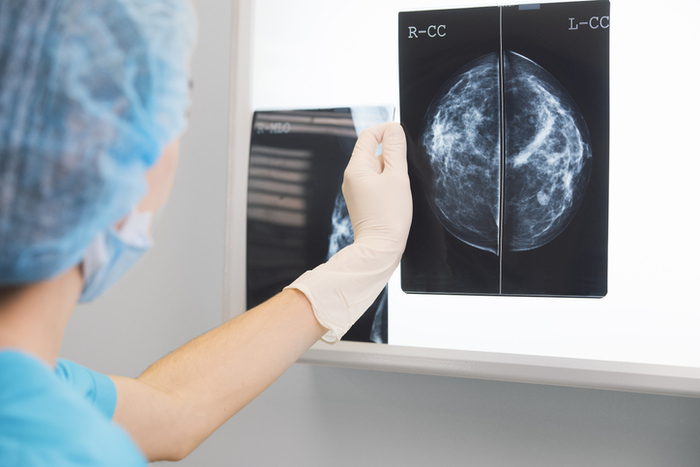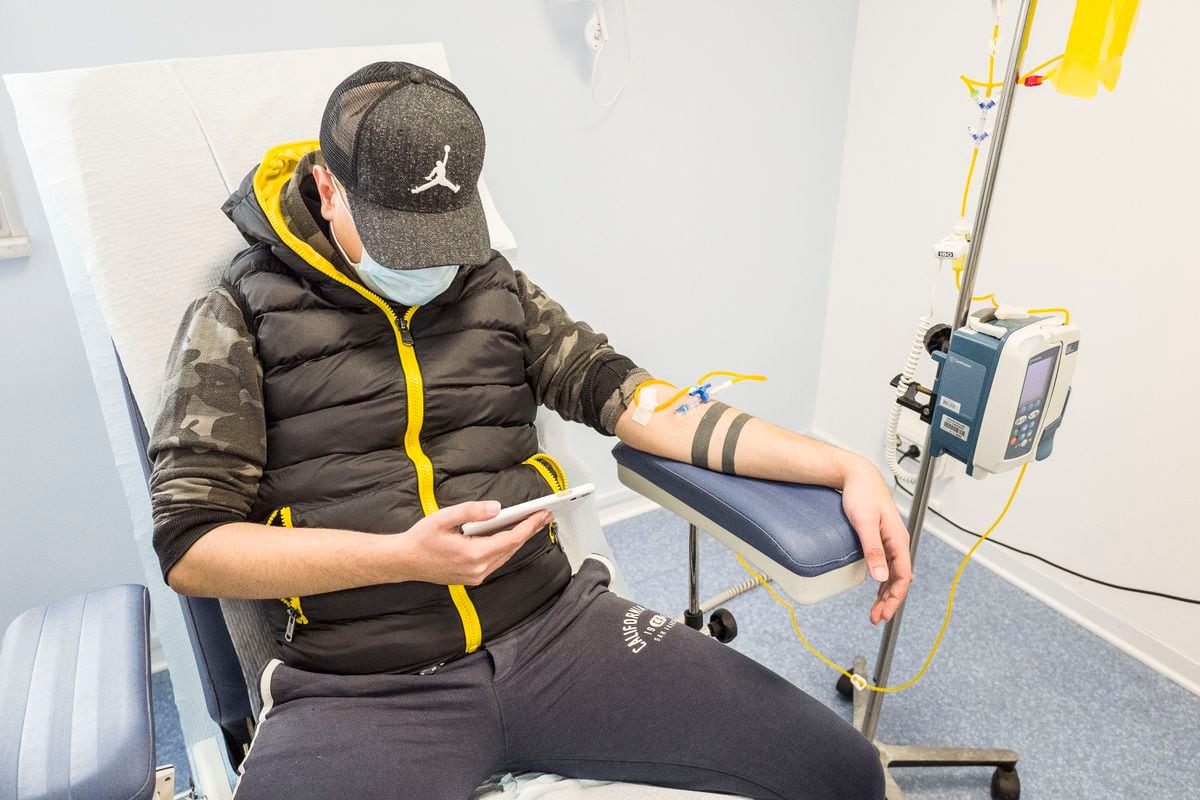In Italy, women alive after the diagnosis of cancer have increased by 34% in 10 years, from 1,433,058 in 2010 to 1,922,086 in 2020. Effective weapons make it possible to live longer and longer, even when the disease is discovered in phase advanced.
The therapies are accompanied by screening programs, which especially in breast cancer are showing important results.
In six years (2015-2021), among the women of our country, mortality from this cancer has decreased by almost 7%.
Advances in therapeutic innovation are evident in ovarian cancer, where there are no secondary prevention programs available but deaths have dropped by 9%.
However, targeted campaigns are needed for cancers that are becoming more and more feminine because they are closely linked to cigarette smoking, such as those of the bladder and lung, which have recorded a net increase in deaths (+ 5.6% and + 5%).
The photograph of female neoplasms was "taken" today at the AIOM (Italian Association of Medical Oncology) National Congress,
"The increasing number of women living after the diagnosis of a 'typical' female tumor shows us how much research has made important progress - says Saverio Cinieri, President of AIOM -. Today, effective molecular-targeted therapies are available for neoplasms such as breast cancer, which in Italy, in 2020 alone, affected about 55 thousand women.
These weapons, effective even in the most aggressive forms such as triple negative ones, have allowed a significant decrease in mortality.
And research is redefining the treatment for about half of breast cancer patients, that is, those with low levels of HER2 protein expression. continues Cinieri -.
We have launched the communication campaign 'Neoplasiadonna', precisely with the aim of informing and educating.
We have created a guide on prevention that has been distributed in major Italian cities, many social activities, we are also planning a spot ".
Today "we have new targeted therapies for ovarian cancer, even for women with an advanced diagnosis, capable of significantly improving life expectancy, reducing the risk of disease progression or death - explains Domenica Lorusso, Associate Professor of Obstetrics. and Gynecology and Head of Clinical Research Programming of the A. Gemelli University Polyclinic Foundation of Rome - In Italy, today, almost 50 thousand women live with a diagnosis of ovarian cancer and 70% of patients with advanced disease relapse. within two years. For them we have front-line maintenance therapies, capable of achieving long-term remissions. The importance of early diagnosis remains evident. Women must schedule an annual visit to the gynecologist,if they have risk factors even more often ".
"Today, thanks to research, a large number of neoplasms, once characterized by a negative prognosis, can be cured, such as lung cancer in an advanced stage - underlines Rossana Berardi, Professor of Oncology at the Polytechnic University of Marche -. lung cancer is becoming increasingly pink due to the spread of cigarette smoking in this segment of the population. It is important to address targeted prevention messages to save more lives ".
|












/cloudfront-eu-central-1.images.arcpublishing.com/prisa/Z45E6KV7VJGUXAKJWH7VA4NJSE.jpg)

